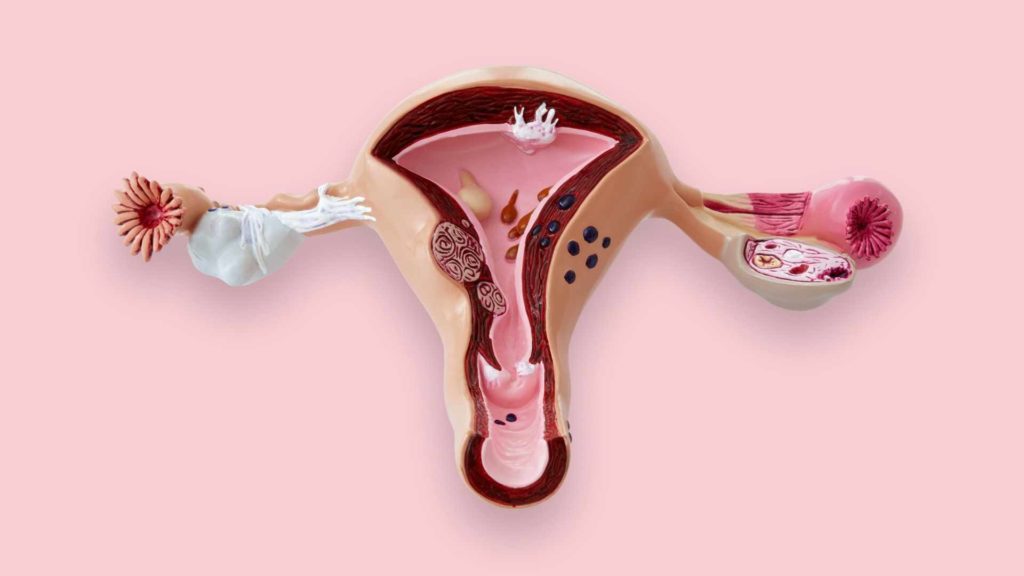Bacterial vaginosis, commonly known as BV, is an imbalance in the microflora of the vagina. Typical symptoms include itching, burning during urination, a fishy odor, and gray or white discharge. However, some individuals may have bacterial vaginosis without displaying any noticeable signs.
BV occurs when the natural bacteria in the vagina multiply excessively. Although it can affect individuals of any age, those in their reproductive years are most susceptible. A healthy vagina maintains a pH balance between 3.8 and 4.5, which is mildly acidic.
If the pH level rises above this range, it can create a more favorable environment for the growth of BV-associated bacteria.
The conventional treatment for bacterial vaginosis usually involves antibiotics. While this approach is often successful, recurrence rates are high. If you are experiencing recurrent bacterial vaginosis despite medical treatment, it may be worth considering a naturopathic approach.
Benjamin sees bacterial vaginosis as more than just a gynecological issue. Instead, we consider it as a broader indication of what may be happening within your body.
Naturopathic medicine takes a holistic approach to health, recognizing that recurrent bacterial vaginosis may signal an underlying issue.
By addressing the root cause of your problem, we can work towards ensuring long-lasting relief from BV symptoms.
Yeast infections occur when there is an imbalance between the beneficial bacteria and yeast in the vagina. While most people experience a yeast infection at some point in their lives, if you are dealing with recurring infections, it is advisable to seek Benjamin’s assistance now..
If you are experiencing any of the following symptoms, it is likely that you have a yeast infection:
Burning sensation in the vagina, particularly during sexual intercourse
Itchiness or irritation in the vaginal area
Redness or swelling of the vagina
Thick white vaginal discharge
Risk Factors for Yeast Infections
Anyone with a vagina can be susceptible to yeast infections. However, certain factors can increase your risk. You may be more prone to yeast infections if you:
Have a weakened immune system due to high stress or corticosteroid therapy
Have poorly controlled diabetes
Recently used antibiotics
Are taking oral contraceptives
When Does It Become a Concern?
While some yeast infections may resolve on their own or with over-the-counter antifungal products, there is a high chance of recurrence if underlying issues are not addressed. If your yeast infections persist or do not respond to typical treatments, it is time to contact Us.
A healthy vaginal microflora requires a robust presence of lactobacillus acidophilus, and an imbalance in microbial composition can lead to the overgrowth of the yeast strain candida albicans. Various factors can contribute to this imbalance, such as diet, menstruation, antibiotics, douching, or unprotected sex.
Regardless of the underlying cause of your recurring yeast infections, you can rely on the naturopathic doctor like Benjamin to identify the root cause and develop a personalized treatment plan to restore your well-being.

Vaginal discharge is a normal occurrence that plays a vital role in keeping the vagina clean, moist, and protected against infections.
It’s also normal for vaginal discharge to vary in color, texture, and amount depending on where you are in your menstrual cycle.
However, if you notice abnormal characteristics such as gray or green color, foamy or lumpy texture resembling cottage cheese, it may indicate a vaginal or sexually transmitted infection.
While discussing abnormal vaginal discharge can be uncomfortable or embarrassing, it doesn’t have to be.
A healthy vagina maintains moisture through a thin layer of clear fluid known as vaginal discharge, which is produced by the cervix. This fluid is regulated by estrogen levels in your body.
However, if estrogen levels decrease, vaginal moisture can decline or result in dryness. Menopause is a common cause of vaginal dryness.
Although vaginal dryness is a minor concern, it can cause discomfort and impact your sex life.
If you are experiencing vaginal dryness, contact us today to schedule a consultation, and we will explore the underlying causes of your vaginal dryness.
Following a comprehensive assessment, we will develop a treatment plan tailored to restore your well-being and alleviate vaginal dryness.
Are you experiencing pain before, during, or after sex? Rest assured, you are not alone.
According to research published in the Journal of Sexual Medicine, approximately 15% of females encounter some level of dyspareunia.
Sexual activity should be pleasurable, but unfortunately, many women experience the opposite. This can be distressing and have a negative impact on intimacy, self-image, and overall sexual satisfaction.
Dyspareunia can have various causes, such as vaginal dryness, pelvic floor muscle tension, inflammation, infections, vaginismus, congenital abnormalities, certain medical conditions, and psychological factors like stress, anxiety, depression, fears, or a history of tissue injury or trauma.
Regardless of the underlying cause of your dyspareunia, Benjamin and his team are here to assist you. Contact us today to schedule an appointment and learn more about our services.

